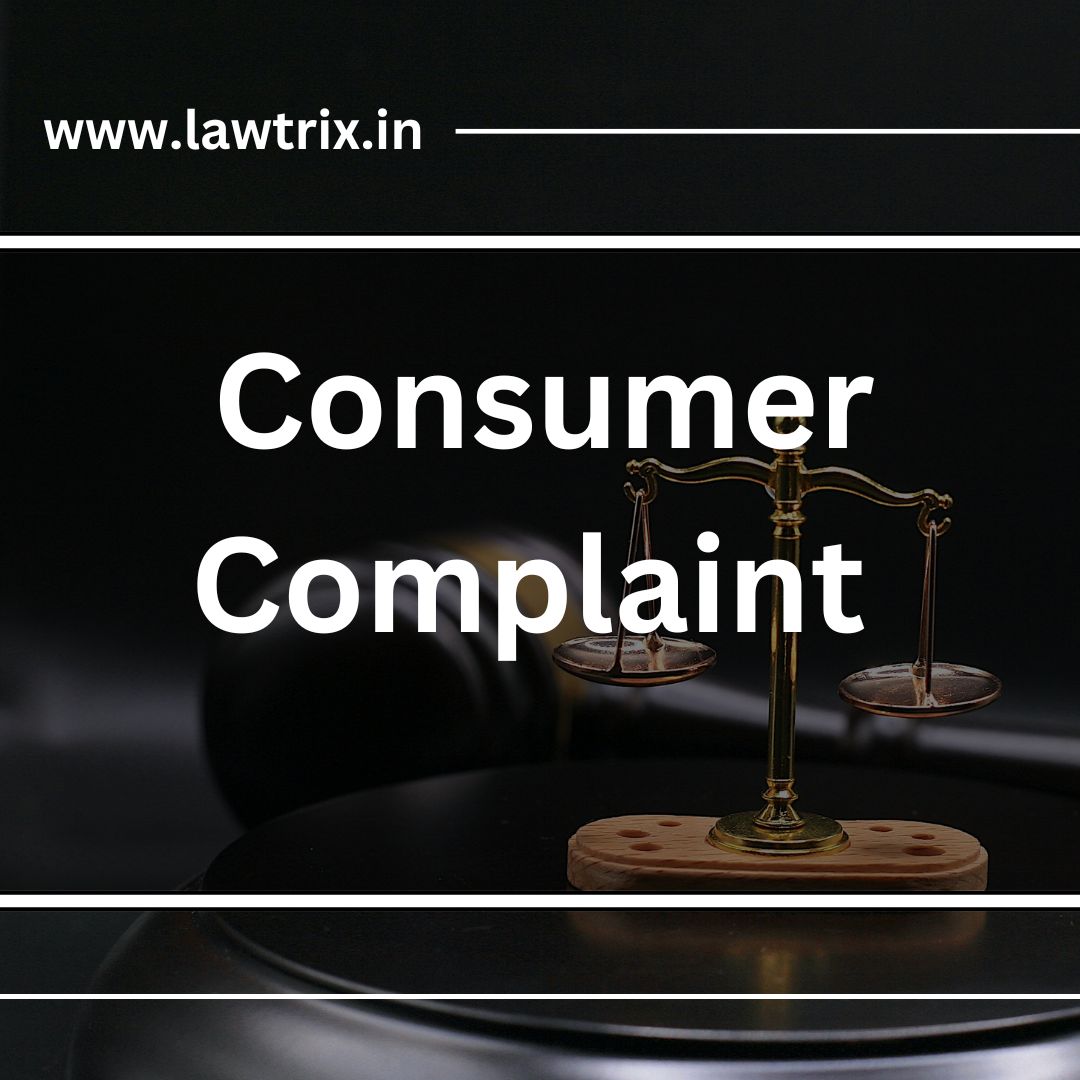


A consumer complaint is a formal expression of
dissatisfaction made by a consumer to a business, organization, or regulatory
authority, typically regarding a product or service that does not meet
expectations, contractual obligations, or advertised standards. It is a way for
consumers to seek redress or resolution for their grievances, which may include
refund, repair, replacement, or compensation.
Common
Grounds for Consumer Complaints:
1. Defective Products: Goods that are faulty, damaged, or do not work as intended.
2. Deficient Services: Services that are not provided as promised or are substandard.
3. Overcharging:
Being charged more than the agreed or advertised price.
4. False Advertising: Misleading claims about the quality, features, or benefits of a
product or service.
5. Unfair Trade Practices: Deceptive or unethical practices by a business.
6. Breach of Warranty: Failure to honor guarantees or warranties.
7. Delay in Delivery: Undue delays in delivering goods or services.
Examples
of Consumer Complaints:
Consumer
Complaint Process:
1. Lodging the Complaint: The consumer files a complaint with the seller,
service provider, or manufacturer, either directly or through customer service
channels.
2. Resolution Attempt: The business addresses the issue by offering a solution, such as a
refund, replacement, or repair.
3. Escalation:
If the complaint is not resolved, the consumer can escalate it to higher
authorities, such as:
o Consumer dispute resolution platforms.
o Regulatory authorities.
o Consumer courts or forums (in jurisdictions like
India).
In legal terms, under many consumer protection laws
(e.g., the Consumer Protection Act, 2019 in India), a consumer complaint
can also be filed with specialized consumer dispute resolution forums, where
disputes are resolved efficiently and fairly.